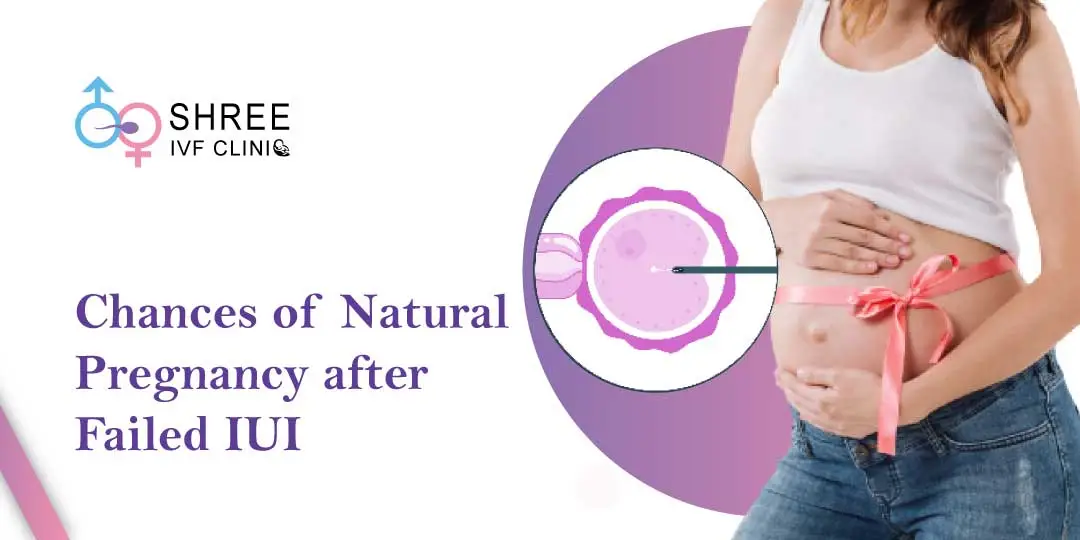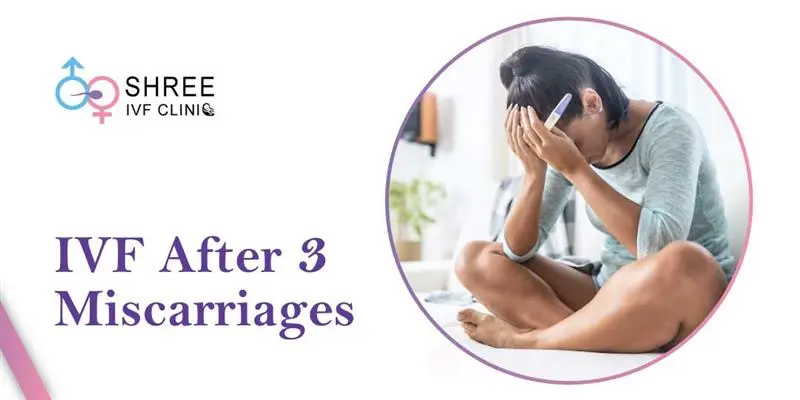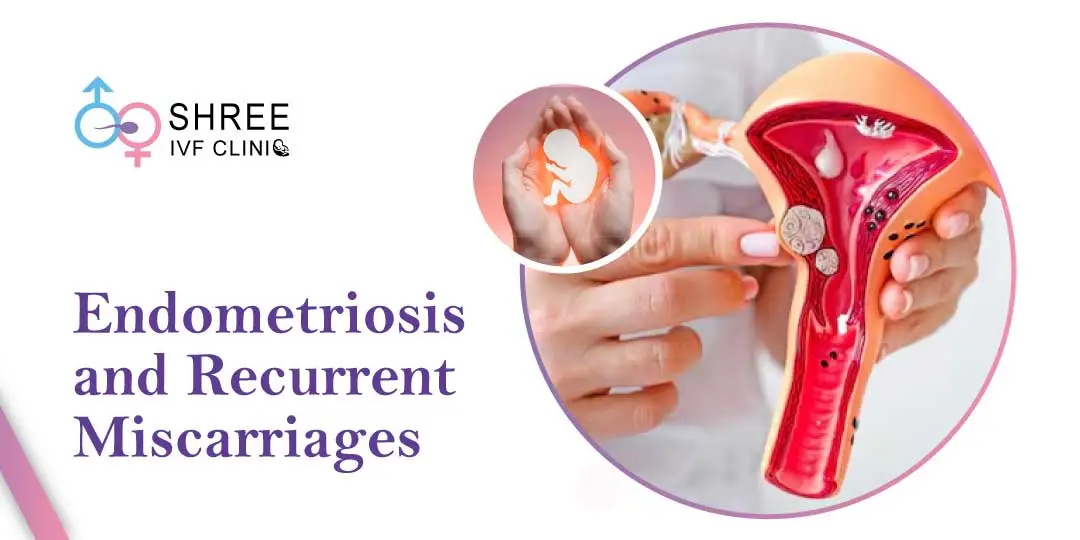Chances of Natural Pregnancy after Failed IUI
UPDATED ON 14TH AUG. 2024
For many couples seeking to start a family, the path to parenthood can sometimes require medical intervention.
One common fertility treatment option is intrauterine insemination (IUI), where sperm is directly inserted into a woman’s uterus to facilitate fertilization. However, when IUI does not result in a successful pregnancy, it can be disheartening and lead to many questions about future possibilities.
Understanding the chances of a natural pregnancy after a failed IUI is essential for couples as they navigate their fertility journey, offering insights into potential next steps and alternative treatment options.

AUTHOR
Dr Jay Mehta
Scientific Director & IVF Specialist with 10+ years of experience
CONDITION
Pregnancy
GET IN TOUCH ON
Why Can IUI Fail?
On average, the success rate of IUI can range from 10% to 20% per cycle, depending on factors such as the woman’s age, the presence of ovulation disorders, the quality of the sperm used, etc.
As mentioned, one common reason is the quality of sperm; low motility or abnormal sperm morphology can hinder the sperm’s ability to reach and fertilize the egg.
Additionally, the timing of the procedure plays a critical role; even a slight miscalculation in the timing of ovulation can result in the sperm missing the fertilization window.
Another significant factor is the health of the woman’s reproductive system. Issues such as blocked fallopian tubes, uterine abnormalities, or problems with ovulation can all contribute to unsuccessful IUI attempts.
Also Read: Steps to getting pregnant with blocked fallopian tubes
Furthermore, underlying medical conditions like endometriosis or polycystic ovary syndrome (PCOS) can also impact the effectiveness of IUI.
It’s worth noting that multiple rounds of IUI can sometimes be necessary before achieving pregnancy, and the likelihood of success may increase with each cycle as long as there are no significant underlying fertility issues.
Is Normal Pregnancy Possible After IUI?
Yes, natural pregnancy is still possible after a failed IUI cycle, although the chances can vary depending on several factors.
For some couples, the reasons behind the unsuccessful IUI might not entirely preclude them from conceiving naturally in the future.
Many couples achieve a natural pregnancy in the months following a failed IUI, especially if there are no significant underlying fertility issues that severely impact reproductive health.
It’s important to remember that each case is unique, and the likelihood of natural conception can be influenced by factors such as age, the overall health of both partners, the duration of infertility, and lifestyle choices.
Consulting with a fertility specialist, Dr Jay Mehta can provide tailored advice and help chart a course of action best suited to individual circumstances.
Also Read: How To Get Pregnant Faster?

5,140+
Google Reviews
397K+
subscribers
How Soon After Failed IUI Can You Try Again?
After a failed IUI cycle, it is usually recommended to wait for one to two menstrual cycles before attempting another IUI.
This waiting period allows for the woman’s body to recover from the hormonal medications used during the treatment and helps ensure that the uterine lining is optimal for supporting a potential pregnancy.
Moreover, this break gives both partners a moment to regroup emotionally and discuss any necessary adjustments in the treatment plan with their fertility specialist.
Some factors, such as age and underlying health conditions, may influence the recommended waiting period, so it’s essential to consult with a fertility specialist for personalized guidance.
How Many IUIs Should Be Tried Before Moving to IVF?
The decision on how many intrauterine insemination (IUI) cycles to attempt before transitioning to in vitro fertilization (IVF) depends on various factors including the underlying cause of infertility, age of the prospective mother, and overall health.
Generally, fertility specialists recommend undergoing three to six IUI cycles before considering IVF. Research indicates that the majority of successful pregnancies through IUI occur within the first three to four cycles.
If a couple has not achieved pregnancy after this period, it might be beneficial to re-evaluate the fertility treatment strategy.
IVF is often suggested as the next step since it has a higher success rate, especially for those with more complex fertility issues. However, individual circumstances can vary significantly, and consulting a fertility specialist for personalized advice is crucial in making an informed decision.
What is the Next Step After IUI Fails?
When an IUI cycle is unsuccessful, it can be disheartening, but it is important to understand that there are still several viable options available. The next step often depends on individual circumstances, the underlying cause of infertility, and the couple’s overall prognosis. Here are some common pathways:
1. Review and Modify the IUI Protocol: Sometimes, minor adjustments in the existing IUI treatment can make a significant difference. Your fertility specialist may recommend changes in medications, dosages, or the timing of insemination in subsequent cycles.
2. Fertility Testing: Undertaking additional tests can help identify any underlying issues that may have been previously overlooked. Tests could include more thorough hormonal evaluations, genetic testing, or advanced imaging techniques to provide a clearer picture of reproductive health.
3. In Vitro Fertilization (IVF): Moving on to IVF is a common step after several failed IUI attempts, especially if there are additional factors such as blocked fallopian tubes or severe male factor infertility. IVF offers a higher success rate compared to IUI, as it involves the direct fertilization of the egg and allows for the selection of the highest-quality embryos.
4. Lifestyle Adjustments: Sometimes, simple changes in diet, exercise, and stress management can significantly enhance fertility. A fertility specialist or a nutritionist can provide guidance on improving lifestyle habits to support reproductive health.
5. Consideration of Donor Gametes: If the issue lies with the quality of eggs or sperm, using donor eggs or sperm might be an option to consider. This can particularly be beneficial for couples facing genetic disorders or severe infertility issues.
Consulting with your fertility specialist is crucial in determining the best course of action post-IUI failure. They can provide personalized recommendations tailored to your specific needs and help navigate the emotional and practical aspects of ongoing fertility treatment.
AUTHOR
Dr Jay Mehta
Scientific Director & IVF Specialist with 10+ years of experience
CONDITION
Pregnancy
CALL US 24/7 FOR ANY HELP
GET IN TOUCH ON
Share Article on
Recommended Reading
Should I Do IVF After 3 Miscarriages?
Yes, IVF can be a strong option after repeated miscarriages. Combined with genetic testing, it helps increase the chance of a healthy pregnancy
Link Between Endometriosis and Recurrent Miscarriage
Studies show women with endometriosis have a higher chance of repeated pregnancy loss compared to those without the condition
Use of Probiotics in Recurrent Pregnancy Loss
Using probiotics may reduce miscarriage risk and support a healthy pregnancy, but they aren’t suitable for all




